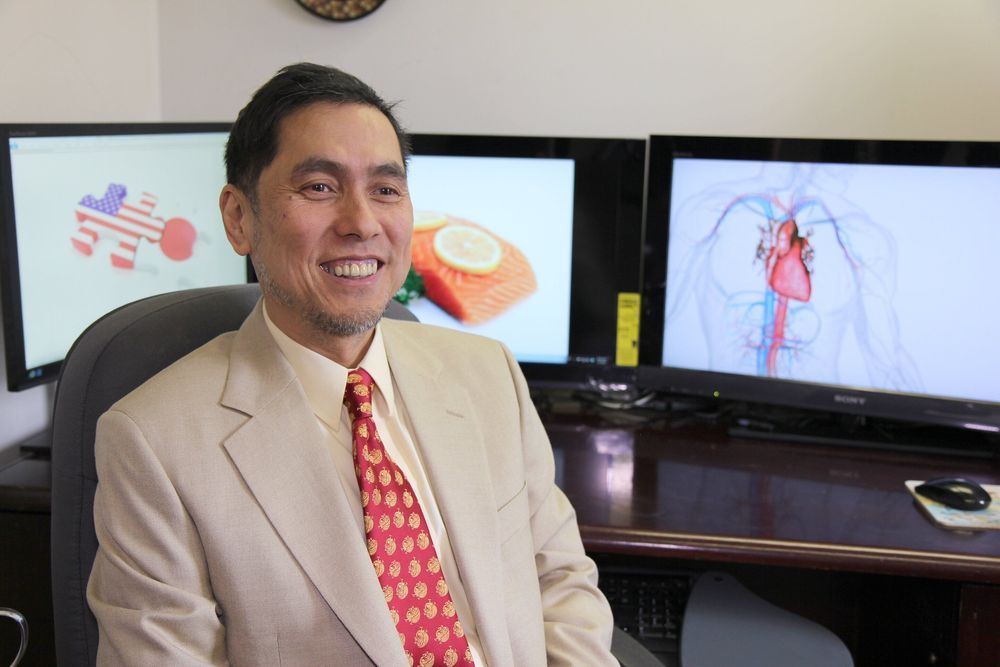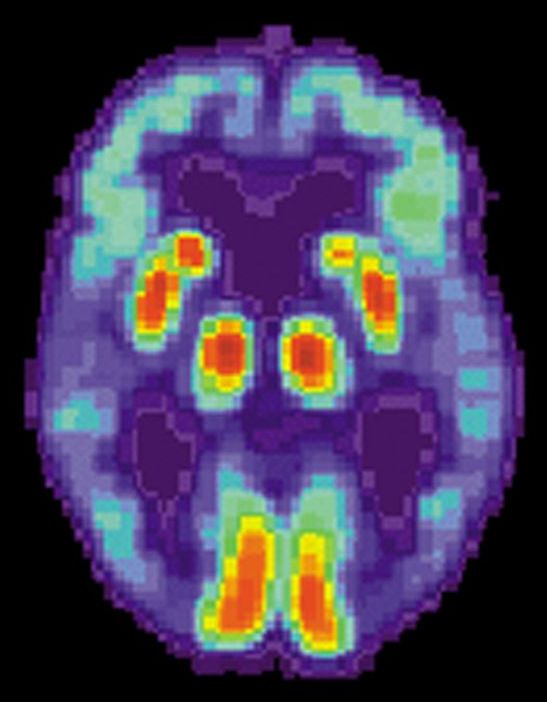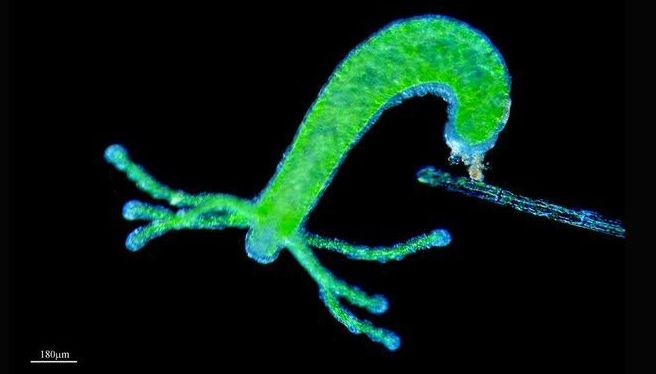Dr. Adam Freund PhD., Calico Life Sciences, Discussing Google Quest to Solve Aging.
Ira Pastor, ideaXme life sciences ambassador interviews Dr Adam Freund, PhD, Principal Investigator at Calico Life Sciences (Calico). https://www.calicolabs.com
Ira Pastor comments:
Calico is a research and development focused biotechnology company founded and backed by Google / Alphabet with the goal of combating aging and associated age-related diseases.
Calico has a billion dollar partnership with the bio-pharma giant AbbVie, focused on aging and age-related diseases, such as neuro-degeneration and cancer. Calico also has partnerships with the University of Texas Southwestern Medical Center and 2M Companies (regarding drug development for neurodegenerative disorders), the Broad Institute of MIT and Harvard (to advance research on age-related diseases and therapeutics), and a partnership with the Buck Institute for Research on Aging.




